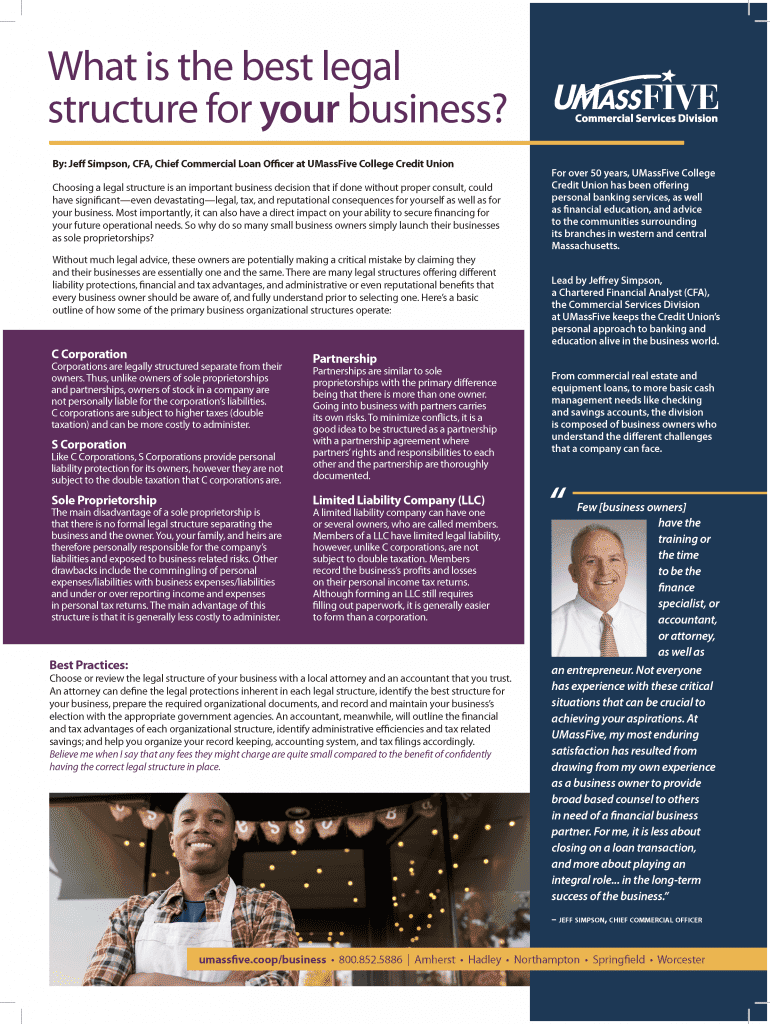Breaking Up Is Hard to Do
By Amelia J. Holstrom
 On Nov. 3, 2019, news broke that the McDonald’s board of directors voted to terminate CEO Steve Easterbrook for having a consensual relationship with an employee.
On Nov. 3, 2019, news broke that the McDonald’s board of directors voted to terminate CEO Steve Easterbrook for having a consensual relationship with an employee.
Early reports indicate that, after a three-week internal investigation, McDonald’s board found the relationship to be inappropriate and in violation of its policies, including its standards of business conduct, which prohibits employees with “a direct or indirect reporting relationship” from “dating or having a sexual relationship.” McDonald’s makes clear in its policy that “it is not appropriate to show favoritism or make business decisions based on emotions or friendships rather than on the best interests of the company.”

Amelia J. Holstrom, Esq.
McDonald’s is not the first large corporation to find itself in this type of predicament. Companies like Boeing, in 2005, and Best Buy, in 2012, have parted ways with chief executives based on alleged relationships with employees. The decision to remove an employee at any level involves consideration, but to remove an employee at the top of the ladder should be no different.
You may be asking, can companies do that? Can they fire someone for a consensual relationship? Yes, they can — and so can you.
Love Hurts
It isn’t any secret that people spend most of their waking hours at work. Not surprisingly, office romances sometimes bloom. What better place to meet your soulmate, right?
From the employer’s point of view, dating in the workplace can spell trouble. Office romances create many problems. Because employers cannot prevent their employees from developing emotions, it is important to address workplace romances well in advance of any potential problems.
Workplace dating is a recipe for disaster in more ways than one. In addition to decreasing morale and productivity, when true love goes sour, employees often cannot work with each other anymore, or worse, workplace romances can ultimately lead to sexual harassment and/or discrimination and retaliation claims.
“The decision to remove an employee at any level involves consideration, but to remove an employee at the top of the ladder should be no different.”
Assume, for example, that a superior and subordinate have been dating for some time. Their romance fizzles, and things end. What if the subordinate now claims to have felt pressured into the relationship? A supervisor’s relationship with a subordinate is most damaging to the company because of the legal consequences.

In Massachusetts, when a supervisor engages in harassment of a subordinate, even if there is no direct reporting relationship, a business is automatically liable for that harassment.
I Would Do Anything for Love, but I Won’t Let Supervisors Date Subordinates
How should you combat workplace romances? Employers can adopt policies on personal relationships in the workplace that specifically prohibit supervisors and managers from engaging in any romantic relationships with employees at the company, including direct and indirect subordinates.
If you choose to adopt such a policy, it should state that such relationships raise ethical and fairness issues and problems with favoritism and morale, and that they will not be tolerated. Employers should also spell out what will happen if such a relationship is discovered.
Some employers confront the couple, indicate that, if they wish to continue the relationship, one must resign, and let the employees decide who will resign. Other employers confront the employees and terminate the employment of one or both of them effective immediately. It depends on the stance your business wants to take.
Love Rules
What if you don’t want to prohibit such relationships at your workplace? Another approach used by some employers is to have employees in a relationship enter into a ‘love contract.’
Such a document essentially memorializes, in writing, the consensual nature of the employees’ relationship. Be careful here, though. Love contracts are not prospective, as they will not limit the company’s liability for future sexual harassment and/or discrimination and retaliation claims. They may only be helpful to demonstrate that there was a consensual relationship between the employees before and at the time the employees signed the contract.
You Oughta Know
All employers can learn a valuable lesson from the situation involving McDonald’s. Each employer should consider how it wants to handle workplace romances before one becomes an issue for its business. Having a plan or policy in place could save you a lot of heartaches … I mean, headaches.
(The author wishes to thank Neil Sedaka, Nazareth, Meat Loaf, Don Henley, and Alanis Morissette for their wise lyrics about love.)
Amelia J. Holstrom is a partner with Skoler, Abbott & Presser, P.C., one of the largest law firms in New England exclusively practicing labor and employment law. Holstrom specializes in employment litigation, including defending employers against claims of discrimination, retaliation, harassment, and wrongful termination, as well as wage-and-hour lawsuits. She also frequently provides counsel to management on taking proactive steps to reduce the risk of legal liability; (413) 737-4753; [email protected]






